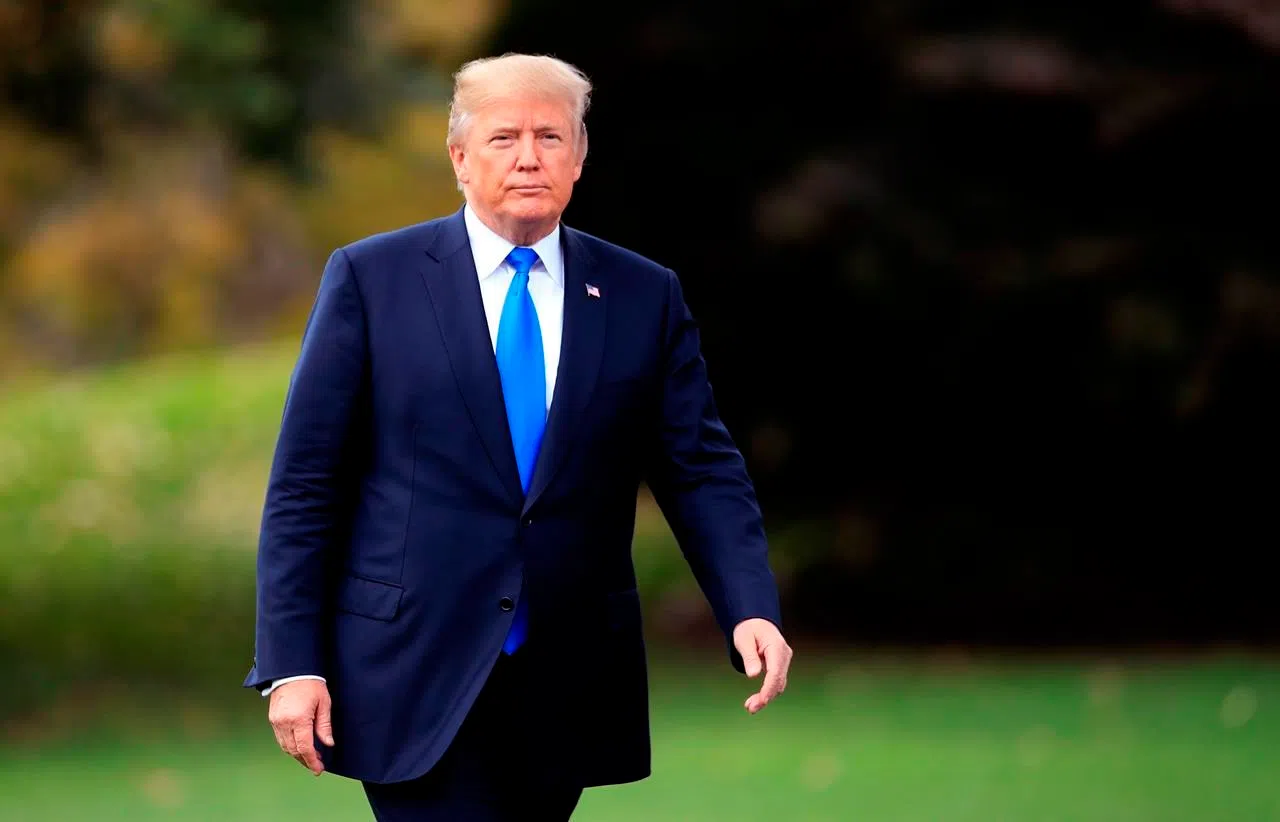
Hostage release not a cure for long-damaged US-Pakistan ties
WASHINGTON — The United States and Pakistan are hailing the release of a Taliban-held U.S.-Canadian family as a cautious sign of improved ties for a deeply troubled relationship that has endured years of rancour. For the good will to last, Pakistan will need to convince a skeptical Washington that it has cut ties to militants who are destabilizing neighbouring Afghanistan.
President Donald Trump said Friday the freeing of Caitlan Coleman, her Canadian husband, Joshua Boyle, and their three children after five years of captivity showed Pakistan’s new respect for America. For the Islamabad government, keen for better relations with the new U.S. administration, it was proof of its terrorism-fighting bona fides.
U.S. officials have long accused Pakistan of turning a blind eye or even assisting the Afghan Taliban and the allied Haqqani network, which held the family.
In August, when Trump laid out his strategy for ending the 16-year war in Afghanistan, he said the U.S. has provided billions in aid to Pakistan, yet that country was “housing the very terrorists that we are fighting. But that will have to change, and that will change immediately.”
